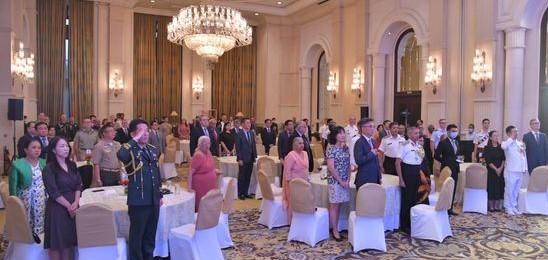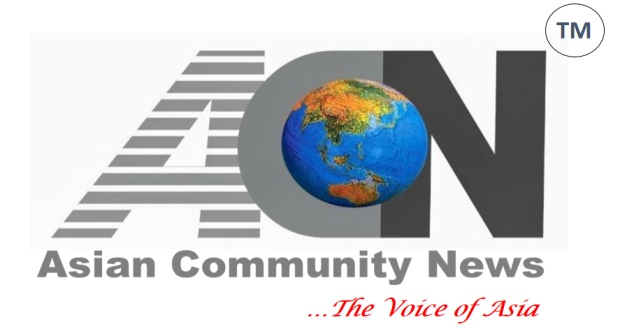Even 70 years after Korean war ended, peace continues to elude, tensions simmer, separated families suffer on Korean peninsula
North Korea continues to threaten the freedom and prosperity of the Republic of Korea with its nuclear programs and missiles. Families on both sides are still unable to reach out to each other through visits, phone calls, and even letters.
NEW DELHI: As the next year marks the 70th anniversary of the Korean War armistice that was reached between the erstwhile warring neighbours South and North Korea in 1953 after a four years of fierce war, peace continues to elude and tensions simmer on the Korean peninsula.
“North Korea still continues to threaten the freedom and prosperity of the Republic of Korea with its nuclear programs and missiles. Families separated during the Korean war around 70 years ago are still unable to reach out to each other through visits, phone calls, and even letters,” Chang Jae-bok, Ambassador of the Republic of Korea has lamented.
While addressing the commemoration event for the 72nd anniversary of Korean War last week in New Delhi, Ambassador Chang said this in the presence of Lt. Gen. B.S. Raju, Vice-Chief of Army Staff, the Chief Guest of the event, and Ambassadors and Defence Attaches of the 22 nations that had supported South Korea during the war (1950-53). The event was co-hosted by the South Korean embassy and the Korean War Veteran Association of India.
“It is unfortunate that even after 70 years, peace eludes and tensions simmer on the Korean peninsula. ….However, as always we did, the Republic of Korea will never ever give up our efforts to settle permanent freedom and peace on the Korean Peninsula and the region,” the ROK Ambassador said.
Ambassador, however, reiterated in strong words, “With the unstinting support and cooperation of friendly nations like India, we will continue to persuade and pressure North Korea and strive to protect freedom, security and prosperity in the region. In the realization of these objectives, we will never forget the valor and sacrifice of the heroes who came from India and your countries who participated in the Korean War around 70 years ago.”
About 72 years ago in 1950, the Republic of Korea had faced a devastating crisis with the invasion from communist forces from North Korea, which led to a difficult and protracted war.
 Most of the country’s territories, including the capital of Seoul, were captured by the communist army.
Most of the country’s territories, including the capital of Seoul, were captured by the communist army.
The international community did not give up on the Republic of Korea, either. More than 1.95 million of U.N. forces came to Korea for fighting for the freedom of a country they hardly knew and the people they never met before. In November 1950, the 60th Para Field Ambulance reached in Korea and actively participated in various military campaigns with U.N. forces.
Before they returned to India in 1954, the 60th Para Field Ambulance had played an invaluable role in defending the Republic of Korea and treating the sick and wounded in the War.

While recalling India’s contribution in the Korean war, Ambassador Chang Jae-bok said, “In the 1950s, India was a newly independent country, facing many challenges within and outside the country. Against all these odds, as you all are well aware, India dispatched its 60th Para Field Ambulance Forces in keeping with the U.N. Security Council Resolution to support U.N. forces and Korean people.”
With their unwavering efforts and dedication, the Republic of Korea could survive the crisis, and today it has successfully grown into a vibrant liberal democratic country with a thriving market economy.
“Without the courage of the these forces some 70 years ago, the Republic of Korea would not have been able to attain the prosperity as we see today. Without the sacrifice of these heroes nearly 70 years ago, there would have been no Samsung mobile phones, no LG refrigerators, no Hyundai/Kia automobiles, and no Squid Game and BTS,” Ambassador recalled.
Not just that, India also played one more crucial role for the process of armistice of the Korean War in 1953. It sent C.F.I., Custodian Forces India, of around six thousand troops to supervise the exchange of prisoners-of-war.
It took charge the Chair of the Neutral Nations Supervisory Repatriation Commission, and helped U.N. forces accelerate the process of the armistice.
At the same time, India whole-heartedly welcomed some prisoners-of-war who did not want to go to South Korea or to North Korea, and decided to stay in the third country. And these Koreans became the first Korean immigrants in India, paving the way for more Koreans to come to India.



